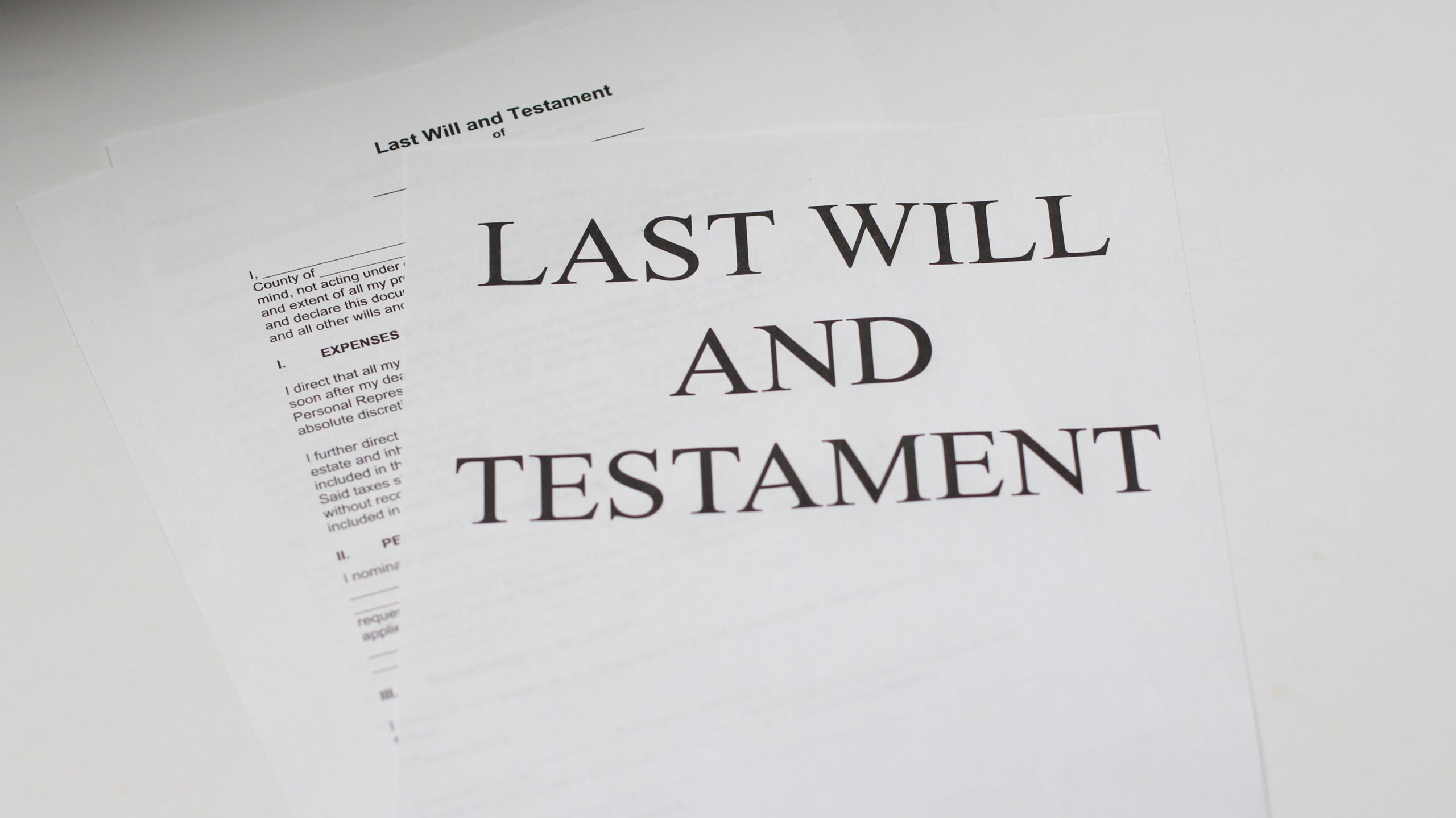As popular as NFTs are, the legal community appears to be struggling to come to a consensus on how to deal with most NFT and trademark or copyright violations. Famous brands claim that NFT creators are stealing their rights to monetize on their brands on the metaverse or blockchain. Two popular arguments by famous brands include – mistake and dilution.
What are famous brands arguing?
Both the Lanham Act and state laws provide protection against the unauthorized use of trademarks in a manner that is confusing to consumers of NFTs. The law prohibits the use of any name, symbol, image, or device that is likely to cause mistake as to the source, affiliation, or sponsorship of a good or service.
Even if the use of a mark is unlikely to create confusion as to source, origin, or sponsorship, creating an NFT that incorporates a famous and distinctive trademark poses a liability risk for dilution. Both state and federal laws protect marks that have reached a certain level of fame from actions that “dilute” their ability to function as a trademark by either impairing the distinctiveness of the mark or associating the mark with content that is harmful to the mark’s reputation.
What defenses are available to NFT creators?
First, the First Amendment protects an artist’s creative work. The applicability of this defense is largely fact specific, but if an NFT creator can demonstrate that its designs are expressive works, have artistic value and are not misleading to the general public or its customers, this can be a strong defense.
Second, courts have recognized two types of fair use applications in the trademark context — “descriptive” fair use, in which a party uses a third party’s trademark to describe their own goods and services; and “nominative” fair use, in which a party may use a third party’s trademark in order to reference the third party’s product or to compare that product to its own product. So if an NFT creator can show that its design is merely used to describe its own artistic creation, or that it references a popular brand to compare its own goods, then the NFT creation could potentially be protected under one of these doctrines.
Conclusion
The applicability of the defenses above will be largely fact specific and will depend on how the courts view the expressive or artistic nature of the particular NFT, and how much the trademark is incorporated into the particular NFTs. If you’d like to schedule a consultation to discuss your NFT creation, please contact us using the “Contact Us” form online, or simply call (202) 743-1656.







